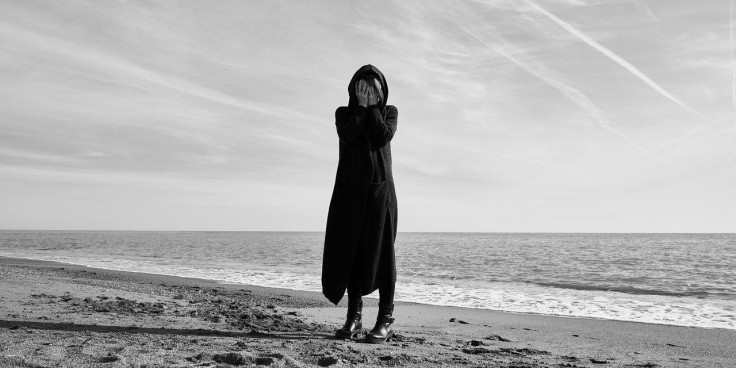Small improvements made to women and girls' health services
The UK government has dedicated an information area on the NHS website to women's and girl's health.

To celebrate the one-year anniversary of the Women's Health Strategy, the UK government have announced a new set of measures that sets out to boost the health and well-being of women and girls in the UK.
For several years there has been a lack of research into women's health in the UK. Statistics show that women who live in the richest parts of England, and most likely receive private health care, live around 7 years longer than women in the poorer regions. Statistics also show that women are 50 per cent more likely to receive the wrong initial diagnosis for a heart attack.
The Academy of Medical Sciences notes that in the UK, one in 10 women will be affected by a miscarriage, and many will never know why.
The new measures will support females and their families through the unbearable grief and devastating impact of pregnancy losses.
To reduce the stress on parents who have lost a pregnancy at their own homes, additional research is being carried out to create a greater number of cold storage facilities in hospitals. This will allow fetal tissue to be stored with dignity and respect, instead of in fridges at home.
There will also be a dedicated health area for women and girls on the NHS website, which holds additional information on periods, adenomyosis, endometriosis, hormones, and menopause.
A study in May 2021, published in Post Reproductive Health, found that 49 per cent of participants did not feel informed about menopause. A huge 62.7 per cent of the participants said that they had found the menopausal stage extremely difficult.
Professor Joyce Harper, a Researcher at UCL EGA Institute of Women's Health, stated: "The data shows that women have a lack of education about this key life stage. Together with a reported lack of education from their healthcare professionals, women may be left undiagnosed and unsupported."
The health page that is dedicated to sharing information on adenomyosis was inspired by BBC presenter Naga Munchetty, who raised awareness of the condition.
We stand with you, Naga 💖#Adenomyosis, a sister condition to endometriosis, occurs when the tissue lining the uterus starts growing into the muscular wall of the uterus. This can lead to painful, heavy periods, chronic pelvic pain, and discomfort throughout the menstrual cycle pic.twitter.com/shdvdjLbmI
— Female Health & Fertility (@femalehealthhub) July 19, 2023
On average, it takes around eight years for adenomyosis or endometriosis to be diagnosed in the UK, due to severely underfunded research into the conditions.
While appearing on BBC Radio 5 Live, Naga Munchetty revealed that she had the debilitating womb condition, adenomyosis.
She told her BBC Radio 5 Live listeners: "Right now as I sit here talking to you: I am in pain. Constant, nagging pain. In my uterus. Around my pelvis. Sometimes it runs down my thighs. And, I'll have some level of pain for the entire show and for the rest of the day until I go to sleep."
The range of more than 100 topics on the women and girls' health area on the NHS website, aims to support the wellbeing of women and girls throughout each developmental stage of their lives. The dedicated health area will also provide information on fertility, gynaecological conditions, pregnancy, heart health, and cancers.
There will also be a brand-new hormone replacement therapy (HRT) hub added to the NHS website, which again allows for easier access to health information. The HRT hub has been launched to help women manage menopausal symptoms and provide women considering different types of HRT with additional information on medicines best suited to them.
For aspiring parents who are planning to have children through IVF treatment, information on NHS-funded IVF treatment has also been made more accessible on the NHS and government websites.
Professor Dame Lesley Regan, the Women's Health Ambassador declared: "This is just the beginning, and every conversation about women's health is a step towards closing the gender health gap."
© Copyright IBTimes 2025. All rights reserved.






















